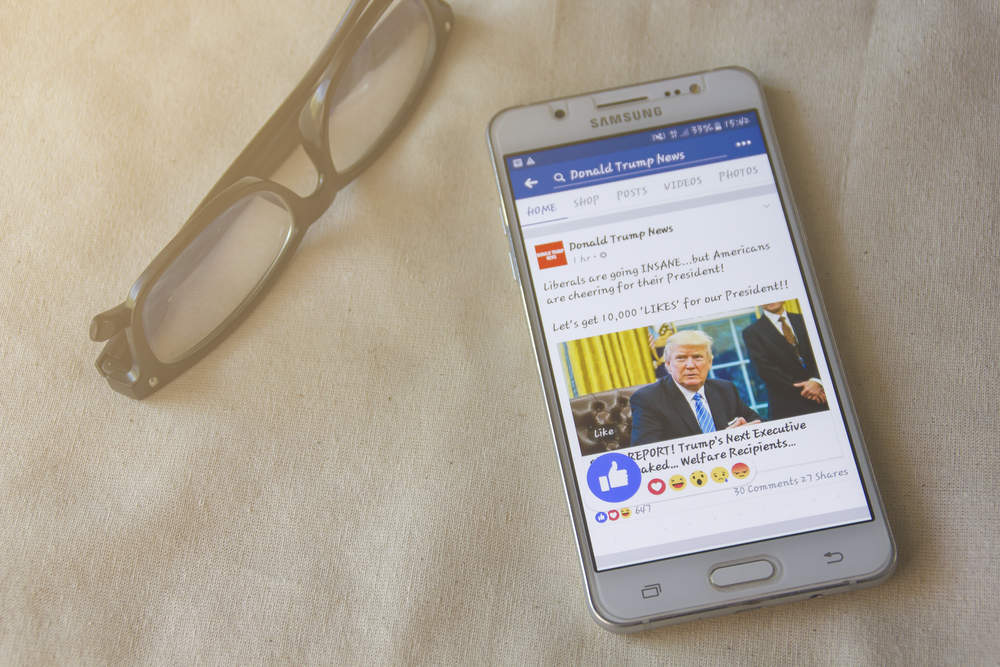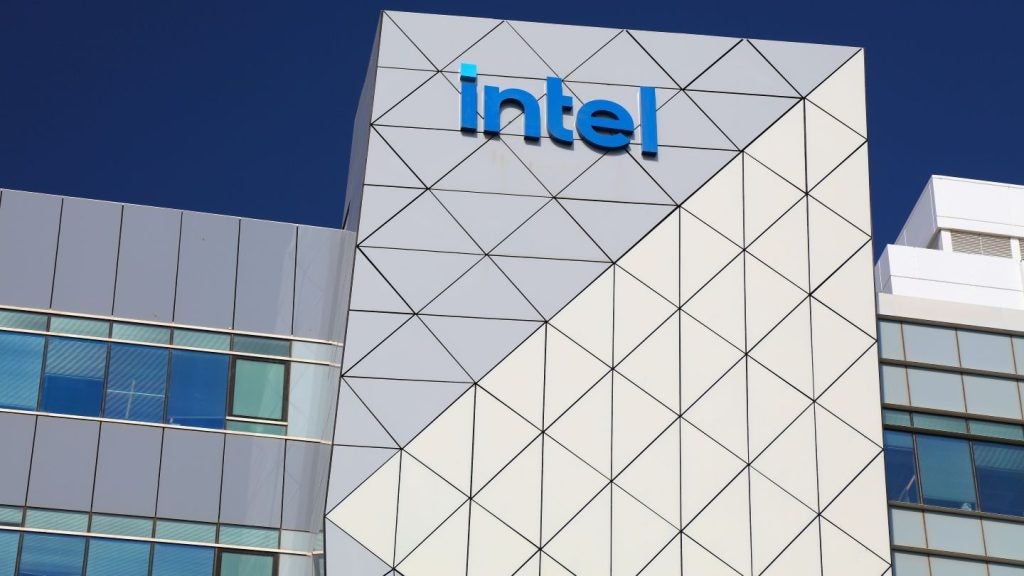
A big change is coming to the way that publishers share their stories on Facebook.
For a long time, Facebook and other social media outlets have been heralded as the death of traditional media.
After all, why buy a newspaper when you can get all the information you need from Facebook?
In response to declining sales, many news websites such as the Times, the Financial Times, the Telegraph, Newsweek, and the New York Times have retreated behind paywalls to ensure their income.
For those unfamiliar with the term, a paywall is a system where users pay to access content.
There are two kinds of paywall, hard paywalls and soft paywalls.

US Tariffs are shifting - will you react or anticipate?
Don’t let policy changes catch you off guard. Stay proactive with real-time data and expert analysis.
By GlobalDataA so-called soft paywall allows users to access a limited number of articles per day for free before they have to pay. Alternately, a hard paywall forces uses to pay before accessing any content.
And now Facebook is instituting paywalls. This means that publishers will be able to hide their content behind paywalls even when they share articles on Facebook.
When users hit an article that’s behind a paywall, it will redirect them to the publishers’ page to pay the subscription fee. Facebook will not take a cut of the subscription fee.
Mark Zuckerberg’s announcement of the new policy said the following:
If people subscribe after seeing news stories on Facebook, the money will go directly publishers who work hard to uncover the truth, and Facebook won’t take a cut. We plan to start with a small group of U.S. and European publishers later this year and we’ll listen to their feedback.
How is the new service going to help publishers?
While the update is being billed as a move to support publishers, there are benefits for Facebook too. Essentially, Facebook want to keep users on its own site, rather than clicking links which redirect them to publishers.
They aimed to combat this by introducing Instant Articles in 2016. Instant Articles allow publishers to upload content directly to Facebook rather than redirecting traffic to their own sites.
This has numerous benefits. For users, it means content loads faster and is in a more uniform layout. For Facebook, it keeps users on their site and boosts their traffic.
However, some publishers including the Guardian and the New York Times do not use the Instant Article programme. Essentially they feel left out in the cold by Facebook. Because Instant Articles keep users on Facebook, they are difficult to monetise for publishers.
If a user visits the New York Times they will see banners prompting them to donate or paid-adverts. On the other hand, if that user stays on Facebook, neither of these benefits are apparent to publishers.
Speaking to Mashable, Kinsey Wilson, editor for strategy and innovation at the New York Times explained her publication’s decision to avoid Instant Articles:
The simple answer is [Instant Articles] simply wasn’t performing for us on an advertising and subscription conversion front. We ran a test in August, September of last year where we were all in and all out.
Going forward, Instant Articles will be able to feature subscription services and logins for paid users too.
This news comes as part of a broader strategy to help Facebook publishers and crack down on the so-called fake news epidemic.
Part of this programme will see publishers’ logos publicised beside their articles. The hope is that this will help users understand where articles they read are coming from.
You can see Mark Zuckerberg’s entire post about supporting journalists below:
While this might seem like a disadvantage for Facebook users, it’s a huge boost to publishers.
Plus, users will get faster-loading articles from more trusted sources, and feel confident in the knowledge that journalists are being supported. It’s a win-win.







